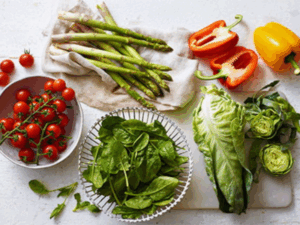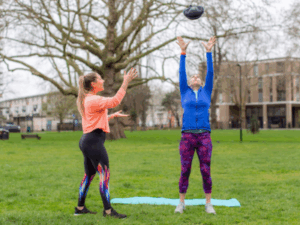What happens to your body when you consume too much sugar?
We know. It tastes so good… One of the reasons we like sugar is that it releases dopamine and other feel-good chemicals into our brains. But have you ever wondered what happens to your body when you have too much of it?
When you eat or drink something high in sugar, your body releases insulin to absorb the excess glucose in your blood. It’s a complex process that has some negative effects, including:
- Sugary foods contain a lot of calories and can contribute to weight gain
- High insulin levels can raise your blood pressure and could lead to heart disease
- When the level of sugar (glucose) in your blood gets too high, you could be at risk of Type 2 diabetes
- Sugar breaks down collagen and elastin in your skin, which could result in wrinkles
- After you’ve eaten something containing sugar, bacteria in your mouth creates acids that might lead to tooth decay
Did you know?
A can of cola might contain as much as 9 sugar cubes – that’s more than the recommended daily sugar limit for adults in the UK!
So, how much sugar is the right amount? The UK Government recommends that adults have no more than 30g of free sugars each day (they’re the ones that are added to food and drink and also found in things like honey and unsweetened fruit juice) – that’s the equivalent of 7 sugar cubes a day.
Tips to cut down on sugar
- Check the sugar content on food labels and choose the lowest option – look out for added sugar in things you wouldn’t expect, like low fat yoghurt and tomato ketchup
Watch what you drink – limit fizzy drinks, eat fruit rather than drinking fruit juice (as the sugars will be less concentrated and you’ll get more fibre) and choose water whenever possible - Be careful with so-called ‘healthy’ snacks – granola bars and dried fruit can be very high in sugar
- Look out for ‘corn syrup’, ‘dextrose’ and ‘nectars’ on food labels as these are added sugars too
Get more advice about cutting back on sugar on the NHS website
Our KBPT trainers are here to help you lead happy and healthy lives – speak to your trainer or contact us for more information












